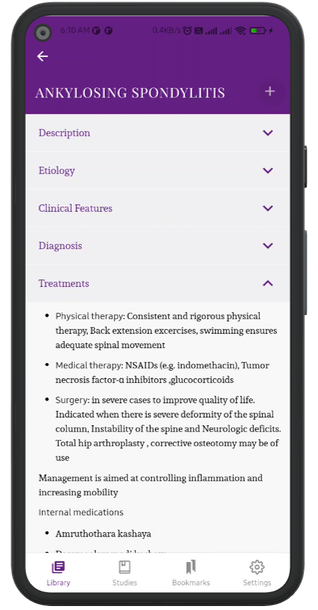INSOMNIA
Description
- Insomnia is also known as the Disorder of Initiation and/or maintenance of sleep
- Individuals with insomnia find it difficult to fall asleep or stay asleep. As a result, the person may get too little sleep or have poor-quality sleep, and may not feel refreshed on waking up
- Insomnia is a common symptom of other mental disorders such as affective, neurotic, organic, schizophrenia etc.
- Prolonged sleeplessness is often associated with substantial distress, impairment in day time functioning or both
- Reduction in perceived health and quality of life, increase in workplace injuries and absenteeism and even fatal injuries are all associated with chronic insomnia
- It is very common, with nearly 15-30% of the population complaining of a period of insomnia per year requiring treatment
Types
- Difficulty in initiating sleep (going off to sleep)
- Difficulty in maintaining sleep (remaining asleep) This can include both Frequent awakenings during the night and early morning awakening
- Poor quality of sleep
- Non-restorative sleep: feeling fatigued after waking
Differential Diagnosis
- Depression
- Obstructive Sleep Apnoea
- Periodic limb movement Disorder
- Restless leg syndrome
Investigation
- Clinical diagnosis is as per the ICD11 or DSM 5 criteria
- MRI brain to exclude organic causes
- Symptoms occur ≥ 3 days/week for ≥ 3 months
Treatments
Behavioural therapy
- Sleep Hygiene
- Stimulus control therapy
- Cognitive behavioural Therapy
Internal Medicines:
- Drakshadi kashaya –reduce the associated stress and over concern
- Samana snehapana - Mahapaisachika ghrita
- Somalatha churna
- Aswagandha churna + Jadamamsi churna in equal quantity
Procedures:
- Nasya with ksheerabala 101
- Siroabhyanga with chandanadi taila / himasagara taila / ksheerabala taila
- Siro pichu
- Talam with Kachooradi choorna + Ksheerabala taila
- Sirolepa
- Takradhara/ kashaya dhara
Department
Manasika Roga

